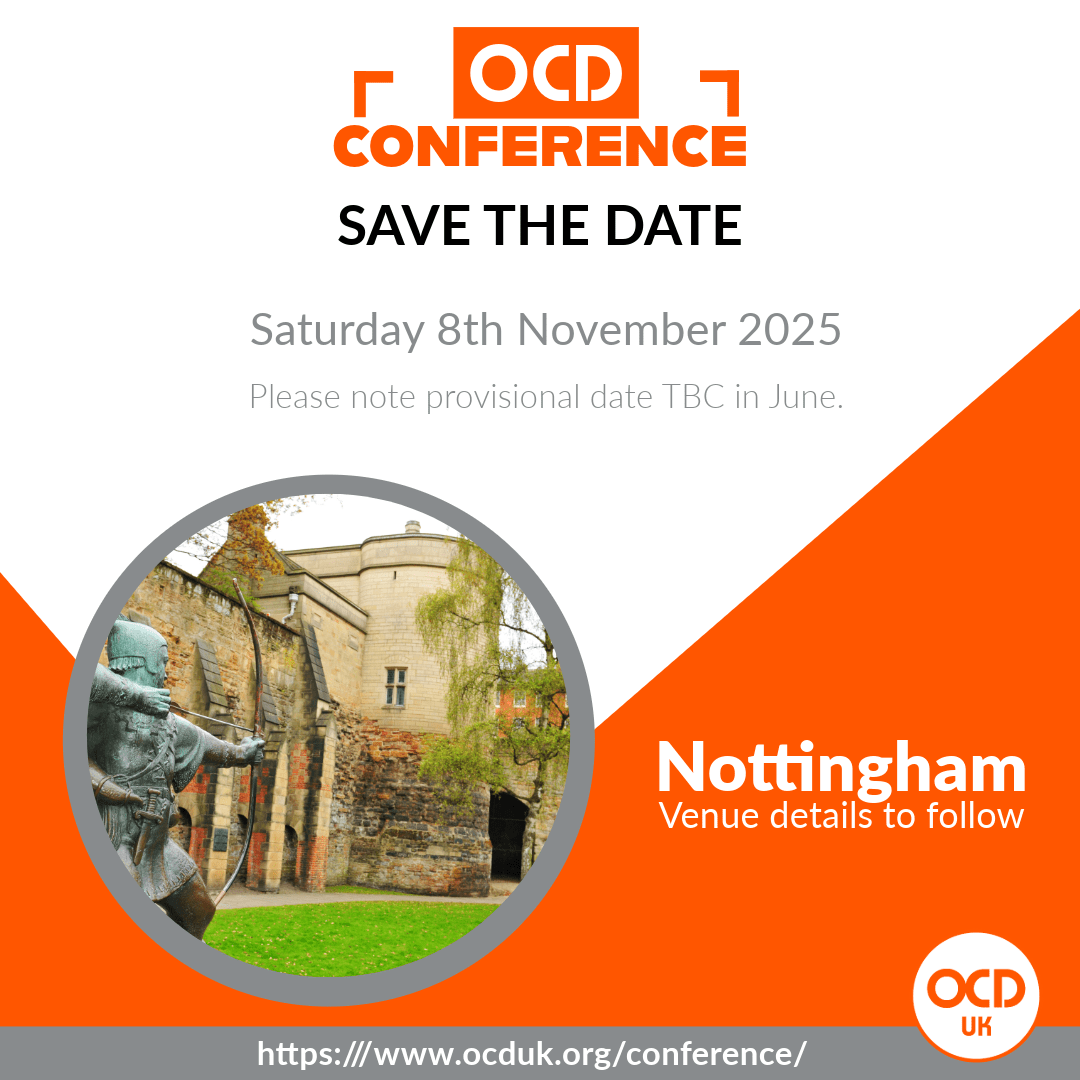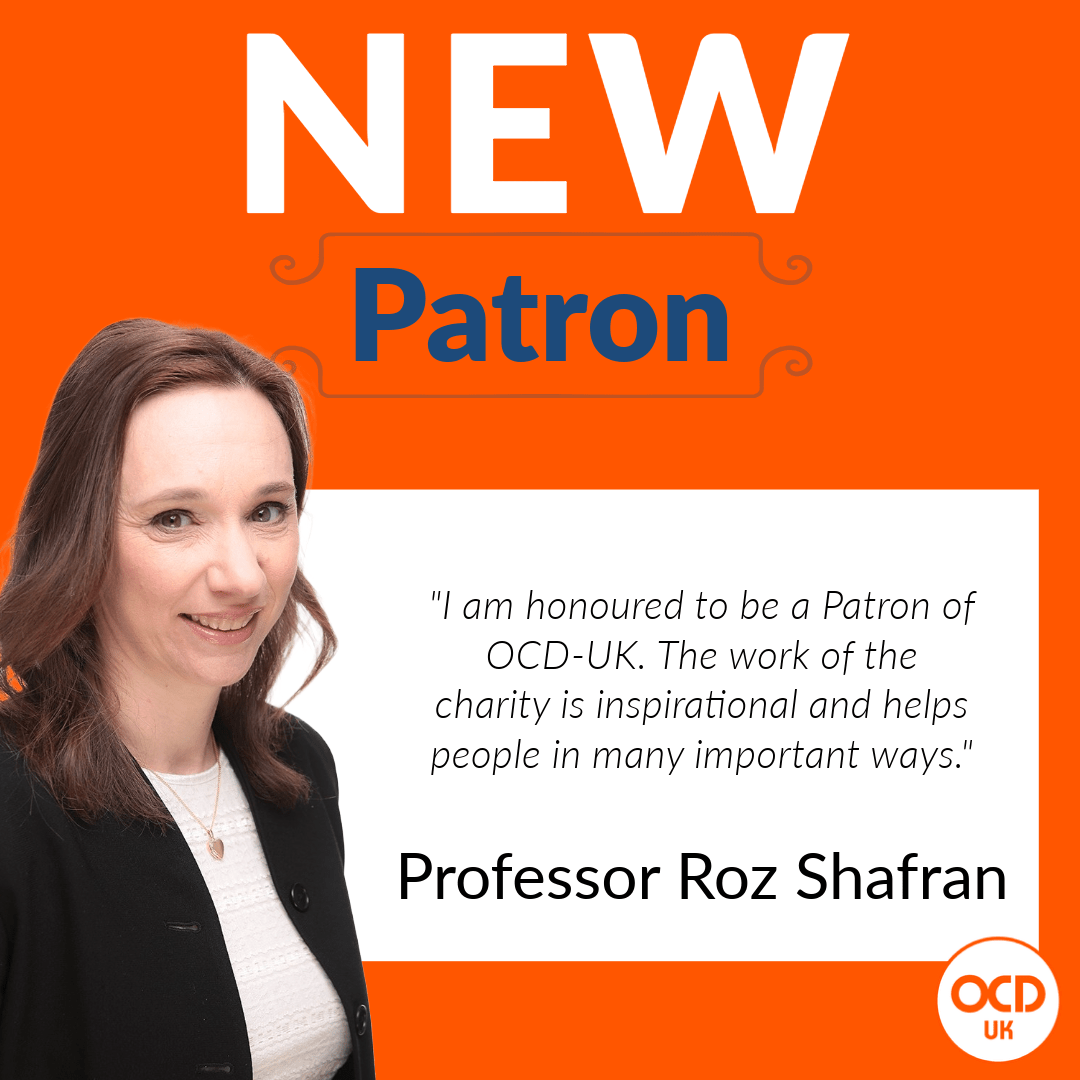 There are two main problems that our service-users frequently report as being barriers to treatment for their OCD, problems accessing therapy and problems with the quality of therapy they receive. It’s important you understand these, so you can be empowered to prepare and minimise any impact that they might have on you.
There are two main problems that our service-users frequently report as being barriers to treatment for their OCD, problems accessing therapy and problems with the quality of therapy they receive. It’s important you understand these, so you can be empowered to prepare and minimise any impact that they might have on you.
Access
Perhaps the main barrier for those of us with OCD is access to treatment, with waiting times for therapy across the UK varying from three or four months to reports of a year or longer… Thankfully, the once common occurrence of people waiting 2+ years for treatment is long gone and is now a rare exception.
Whilst waiting for NHS treatment there are a couple of things you can do. Firstly, prepare yourself for treatment and therapy with the help of our brief guide get the most out of therapy.
Secondly, look into your right to choose NHS treatment provider. If you know of a neighbouring NHS therapy service which has a much shorter waiting list and you can access treatment in that area, then you are within your rights to implement your NHS right to choose and ask your GP to refer you to that service.
We will review how to access treatment on the next few pages.
Quality
The other main barrier is problems with quality of therapy. This is not a criticism of therapy (CBT), but is usually indicative of either a therapist not fully understanding all aspects of OCD, not being sufficiently knowledgeable to treat moderate to severe cases of OCD or in some rare cases they are simply a poor therapist.
One of the unfortunate parts of our job is that we frequently have to encourage patients to give therapy another try. Many people who contact us have had CBT previously, but when we talk to them about their experiences it becomes apparent that they have accessed very poor quality therapy. Those that are unaware of the variations in therapy quality are often left assuming CBT does not work for them and that they will have to put up with OCD. The reality is, CBT can still help, but sometimes you need to find a better therapist.
An analogy worth remembering is that it’s a bit like learning to drive. Some people fail their test the first and even the second time, but a new course of lessons (therapy) with a different instructor (therapist) allows them to eventually pass their test. Why? Because the instructor (therapist) has a different and better way of working. They may be teaching the same methods as previous instructors, but their method of working and interaction is totally different and effective.
For many people being unable to access quality treatment is an obstacle to recovery. Through our work and talking to people, anecdotally it appears there are four types of CBT… using our own rating scale. Of course these are not official terms, but are good descriptors of what many of you will experience:
- Not CBT – ‘Not’ Cognitive Behavioural Therapy at all. Some people think they have accessed CBT, but often the therapist isn’t applying CBT at all, it’s more like counselling or other non-evidence based therapy approaches
- NVG CBT – ‘Not very good’ Cognitive Behavioural Therapy provided by a CBT therapist with either limited CBT experience or little to no knowledge or experience in treating OCD. This CBT rarely makes a difference and will often either be cognitive or usually behavioural but not both aspects (i.e full CBT)
- Standard CBT – Cognitive Behavioural Therapy provided by a good generic CBT therapist with some knowledge of OCD. This therapy will often help a patient to some degree. For some people this will be enough, but others may need specialist CBT
- Specialist CBT – Cognitive Behavioural Therapy provided by a specialist in the treatment of OCD. Often the therapy is far more effective, simply because they understand OCD incredibly well, with years of clinical experience in treating it, and they ‘get’ what a patient is thinking and feeling
As mentioned above it’s important to make the point that this is an issue regardless of going through the NHS or privately.
The reason we’re making this point is that if you access treatment and it doesn’t help you, please don’t assume that you’re the problem and that you’re destined to live with OCD forever, there’s a very good chance that actually the therapy approach or therapist (or both) may have been the problem.
Geography
Some local NHS services have invested far more in OCD treatment within their region than others, through either having dedicated OCD services or more staff training. So right now there is a great variation in how OCD is treated across the NHS and is largely a postcode lottery.
It is also fair to say that treatment access and quality in Wales and Scotland is in a poorer state than most parts of England.
What next?
Whilst these problems are still all too common, by being aware, you can prepare and minimise any impact they may have on you, i.e. NICE Guideline recommendations and right to choose (England).
What will OCD-UK do?
AAll of this needs to change, we need every patient across the UK receiving a good standard of treatment in a timely and efficient manner, so OCD-UK will continue to work alongside NHS services to help and encourage a standardisation of services for people with OCD. Treatment access and quality should not be a postcode lottery.
What can OCD-UK do for you?
Remember, OCD-UK is here to help and support you access quality treatment for OCD. We’re also keen to hear about services that aren’t delivering the kind of service that they should, so let us know if you encounter problems.
What to read next:























